World Economic Forum Executive Believes Autonomous Vehicles Face Two Challenges
【Summary】Michelle Avary, the head of autonomous mobility at the World Economic Forum, claims that the self-driving industry has two challenges that it needs to overcome: technology and business models that are profitable.
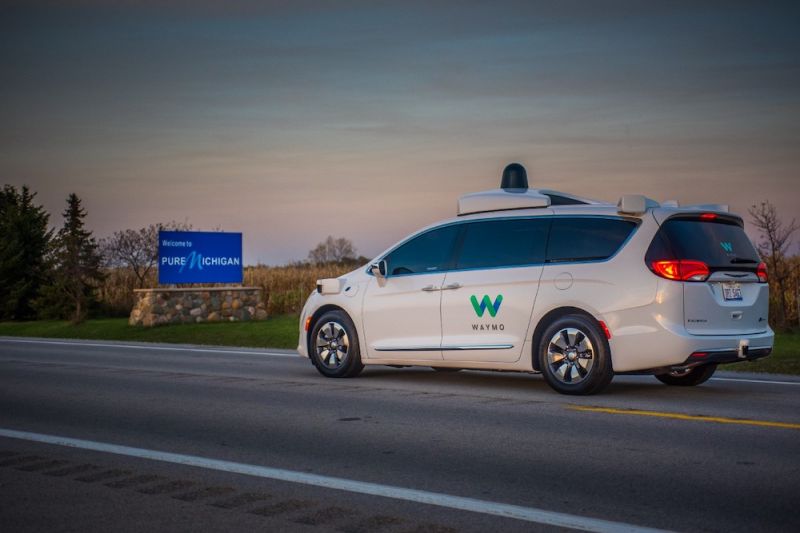
Autonomous cars and the industries they bring are expected to bring in billions of dollars. Obviously, with so much money at hand, there are bound to be some hurdles that companies will have to face. According to a report by CNBC, Michelle Avary, the head of autonomous mobility at the World Economic Forum, believes that tech companies and automakers that are researching driverless vehicles have two large challenges that they'll need to take on head-on: business models that are profitable and technology.
Technology Is The First Issue
"We've got a couple of big challenges in front of us. The first, obviously, is a technological challenge," Avary told the outlet. "Really making sure that the technology is working in the areas of perception, which is vision – being able to identify objects and then understand how to move around them. That has yet to be solved."
One of the major things hold companies back at the moment is technology. Autonomous tech is so new, and so valuable, that there are only a few brands out there that are willing to share. But if self-driving cars are ever going to replace humans on the road, mass collaboration is necessary. Sure, there have been multiple companies that have entered into partnerships, but the number will have to grow. Trade tensions between the U.S. and China could expand to prevent companies from sharing geography-specific datasets, which would "actually stymie the growth of the industry," states Avary. In addition to that, it could stop companies from expanding outside of their respective country.
The other challenge is the actual business model for autonomous cars. "We see some big divergence between the whole idea of the business model of the robo-taxi versus what we see in areas like commercial trucking, mining and construction, where the business model case might be more readily made," said Avary.
Autonomous Trucks vs. Self-Driving Taxis
At the moment, a lot of tech companies see autonomous taxis as the prime way to launch self-driving cars. Taking paid drivers out of the equation and improving customer satisfaction will save companies tons of money every year. Waymo and Uber are the largest players in the autonomous taxi service.
Avary, though, claims that moving goods on highways is a more lucrative business model than shuffling people around with driverless taxis. Autonomous semi-trucks are another hot area that companies are looking into, but the number of companies researching self-driving 18-wheelers isn't as large as ones exploring the possibilities of autonomous taxis.
In both instances – with taxis and 18-wheelers – human drivers aren't in the equation. And taking human drivers out of vehicles results in cheaper costs. Autonomous vehicle and semi-trucks are expected to be safer drivers than humans, which could bring costs down, as well
-

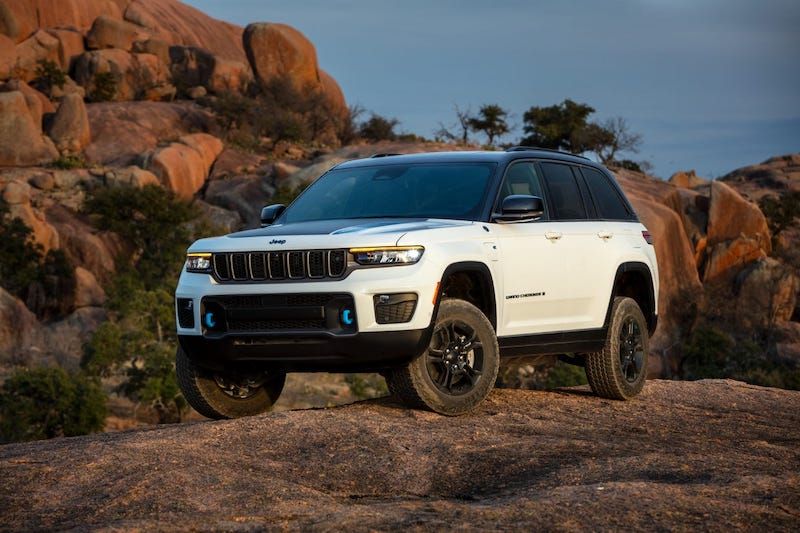
2023 Jeep Grand Cherokee Trailhawk Now PHEV Only
-

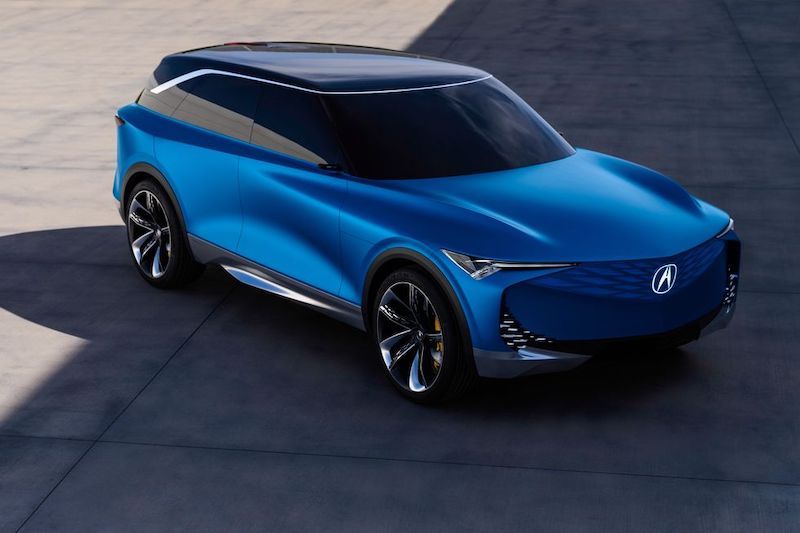
Acura Prevision EV Concept Previews Brand’s Electric Future
-


Hyundai Gets Serious About Electric Performance Cars, Shows off Two Concepts
-


Ford Looks to Have 100% of EV Sales Be Online
-


Volkswagen CEO Believes It Will Overtake Tesla in EV Sales by 2025
-

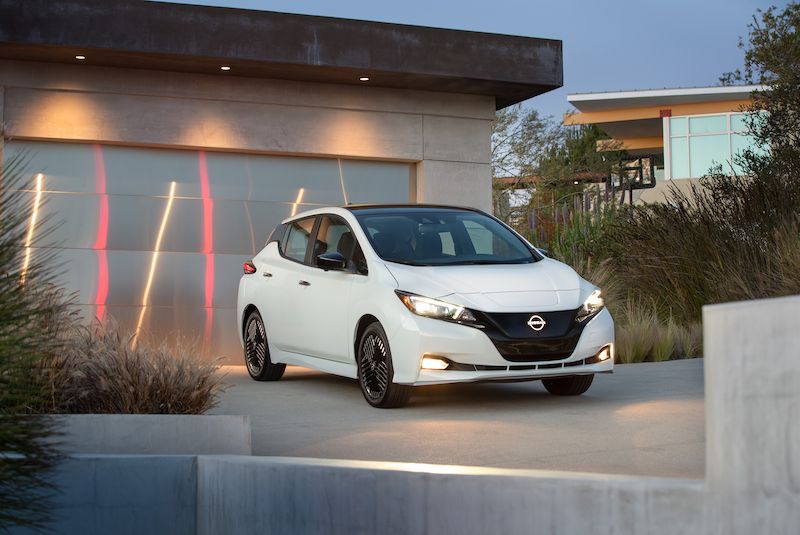
Report Claims Nissan Leaf Will Be Discontinued by 2025
-


Autonomous Vehicles Will Require Cities to Change Their Transportation Methods
-

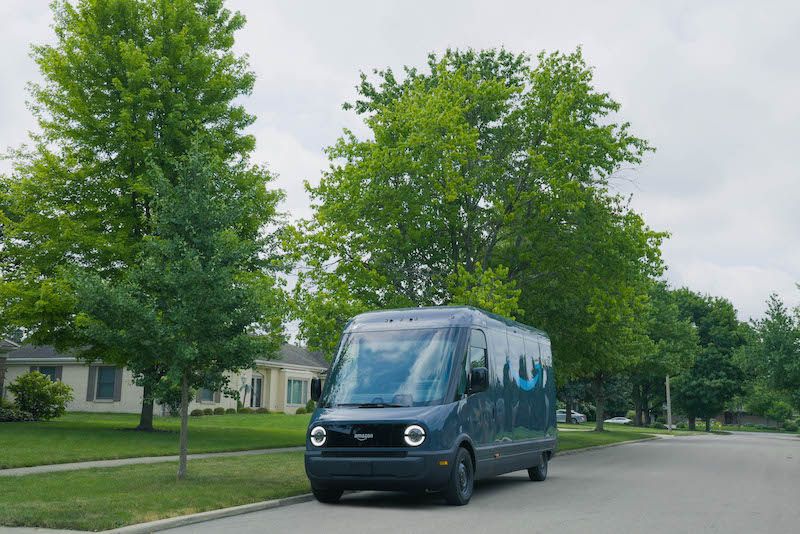
Rivian, Mercedes-Benz Partner to Produce Electric Commercial Vans
- GM’s New Blazer EV Will Take on the Tesla Model Y Performance and Ford Mustang Mach E
- General Motors is Doubling its Super Cruise Hands-Free Driving Network to 400,000 Miles of Roads in North America
- Hyundai Motor Group Signs MoU with SK On Co. to Secure Batteries for EVs Built in the U.S.
- China Added 963,000 Electric Vehicle Charging Piles Since January in its Push to Lead the World in EV Sales
- Report Claims Nissan Leaf Will Be Discontinued by 2025
- Mercedes-Benz Signs MoU With the Government of Canada to Source the Raw Materials for Electric Vehicle Batteries
- Solar-Electric Car Developer Lightyear Announces Technical Partnership with Hypercar Manufacturer Koenigsegg
- The Polestar 5 Sedan Will Have Dual Electric Motors With 884 HP
- GM's Rebate of up to $6,000 on the Bolt EV and EUV Has a Big Stipulation
- Shares of Volvo’s EV Brand Polestar to Begin Trading on the NASDAQ After Closing on its SPAC Deal With Gores Guggenheim











 About Us
About Us Contact Us
Contact Us Careers
Careers